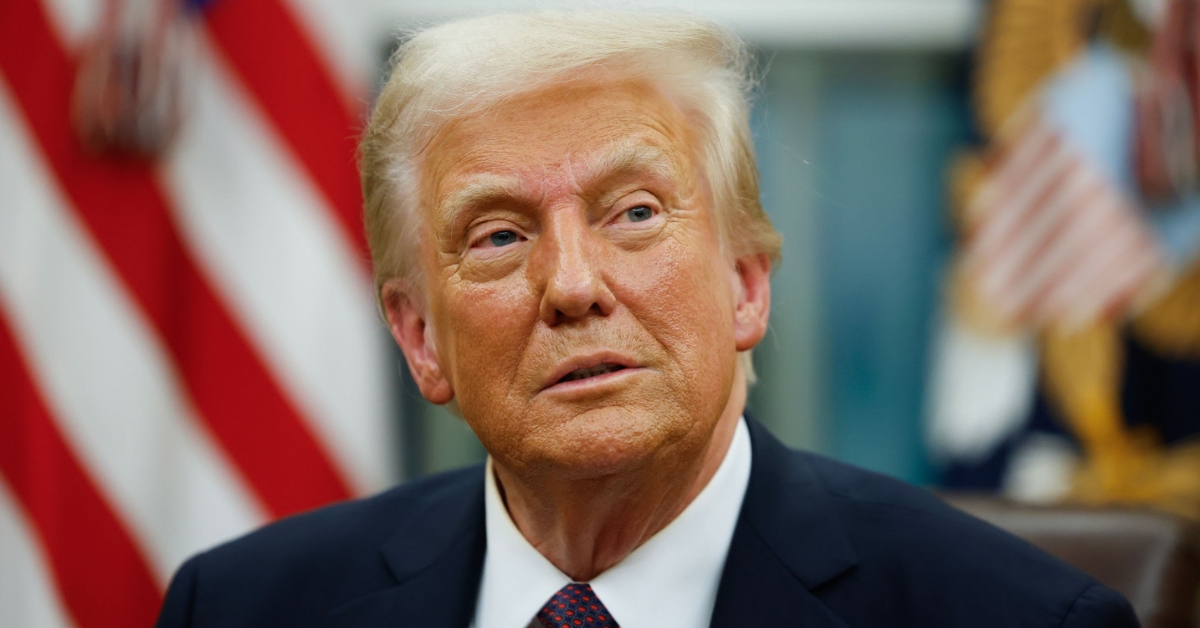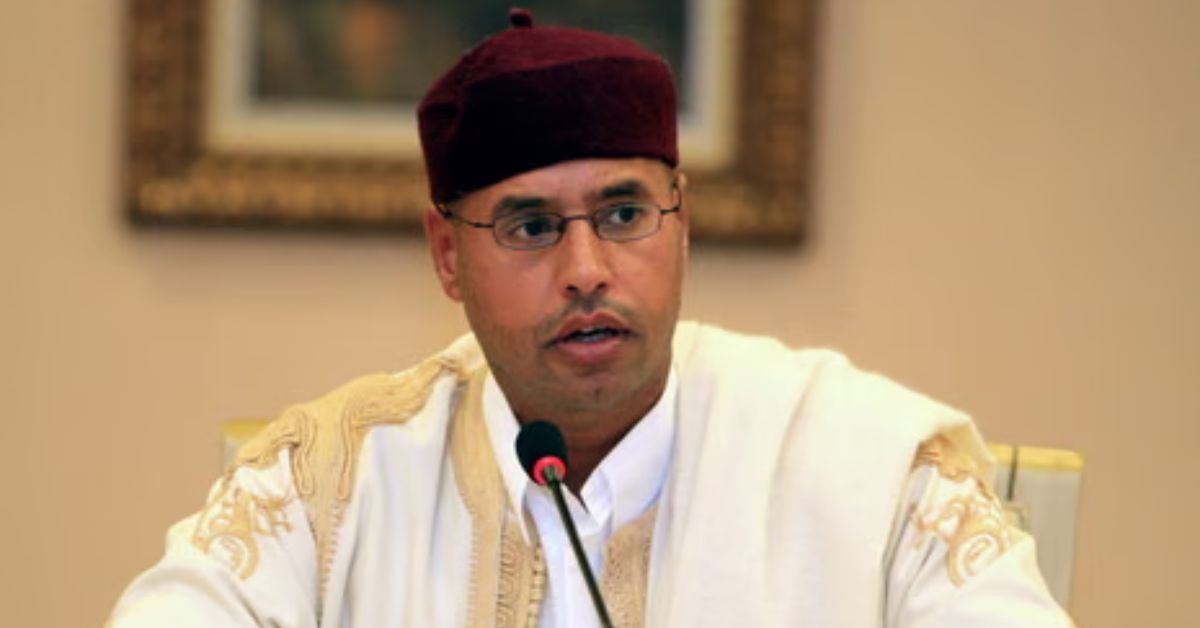Donald Trump calls for the immediate closure of the Department of Education, citing inefficiency and high costs. Will this move reshape U.S. education forever?
Table of Contents
Washington, D.C. – Former President Donald Trump has reignited a long-standing debate over education policy by demanding the immediate shutdown of the U.S. Department of Education.
His bold statement during a recent press interaction sent shockwaves through political circles and sparked heated discussions among parents, educators, and policymakers.
“The Department of Education is a big con job,” Trump declared.
“We are spending more money per student than any other country, yet we are ranked 40th in education worldwide. It is unacceptable.”
Trump’s Argument: A Broken System Beyond Repair
For years, Trump has criticized the federal oversight of education, arguing that local and state governments should have complete control over schooling.
His latest comments reflect his belief that the federal education system has failed American students.
Trump pointed to countries like Norway, Denmark, and China, where education standards are significantly higher despite the U.S. spending the most per student.
“If we are spending the most money but getting some of the worst results, doesn’t that mean something is fundamentally broken?”
He argues that the federal bureaucracy is an obstacle to effective learning, and states should be able to determine their education policies without Washington’s interference.
The Money Problem: Where Does It All Go?
A key part of Trump’s argument is the mismatch between funding and results. According to recent reports, the U.S. spends nearly $15,000 per student annually, far more than most developed nations. However, the country lags in math, science, and reading student performance.
“We have been hovering between 38th and 40th place in global education rankings for years,” Trump stated. “Meanwhile, China and other countries outperform us with far fewer resources. Why are we wasting so much money for such poor results?”
Trump’s stance aligns with many conservative education advocates who believe the Department of Education has become a bloated bureaucracy that absorbs billions in taxpayer dollars without delivering meaningful improvements in student outcomes.
What Happens If the Department of Education Shuts Down?
The abolition of the Department of Education would mark one of the most radical shifts in American education policy in history. However, what would it mean for students, teachers, and schools?
1. Power Returns to the States
Trump and his supporters argue that education should be governed at the state and local levels, allowing customized curriculums that reflect the unique needs of different communities. This could lead to more innovation and flexibility in the education system.
However, critics worry that some states may struggle to provide adequate education funding without federal oversight, leading to more significant disparities between wealthy and underprivileged school districts.
2. School Choice Becomes the Future
One of Trump’s key education policies is expanding school choice, allowing parents to select the best educational institutions for their children—public, private, charter, or homeschooling. This model is already in place in several states, but a federal push for nationwide school choice would fundamentally transform how education is delivered in the U.S.
3. Federal Education Programs Could Be Cut
If the Department of Education were dismantled, several federally funded education programs could be eliminated or transferred to state control. This includes programs for low-income students, special education, and student loan forgiveness initiatives. While some argue that these programs are inefficient, others believe they are essential for ensuring equal access to quality education.
Linda McMahon’s Role: The Woman Tasked with Shutting It Down
Trump’s nominee to lead the Department of Education, Linda McMahon, has a clear mission: oversee the department’s closure while implementing school choice policies.
McMahon, known for her leadership at the America First Policy Institute (AFPI), has strongly advocated for parents’ rights and education reform. Trump has stated that McMahon is committed to “putting herself out of a job” by shutting down the department entirely.
“Linda will fight tirelessly to expand school choice and send education back to the states,” Trump said. “She has the experience, leadership, and dedication to make it happen.”
Supporters vs. Critics: A Nation Separated
Not surprisingly, Trump’s call to close the Department of Education has been met with strong reactions on both sides.
Supporters argue that:
- The federal government should not control education, as local officials and parents know what is best for students.
- The Department of Education has become a wasteful bureaucracy that does not improve student outcomes.
- School choice will give parents and students more opportunities to succeed.
Critics warn that:
- Eliminating the department could harm disadvantaged students who rely on federal education funding and programs.
- Standardized education policies help ensure equal education quality across all states.
- States with fewer resources may struggle to maintain education standards without federal support.
What is Next?
With McMahon’s confirmation hearing approaching, the debate over the future of American education is intensifying. Will the Department of Education be shut down, or will pushback from lawmakers and educators halt Trump’s plan?
The conversation is just beginning now, and the outcome could reshape education in America for generations.






